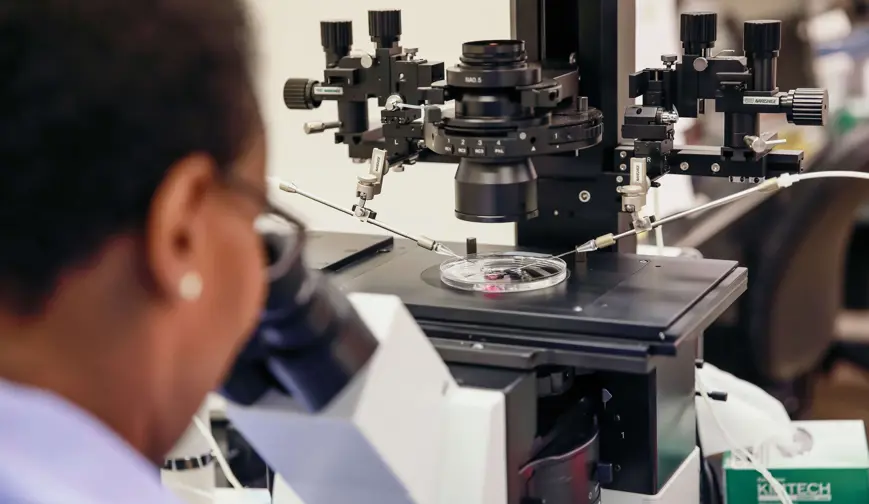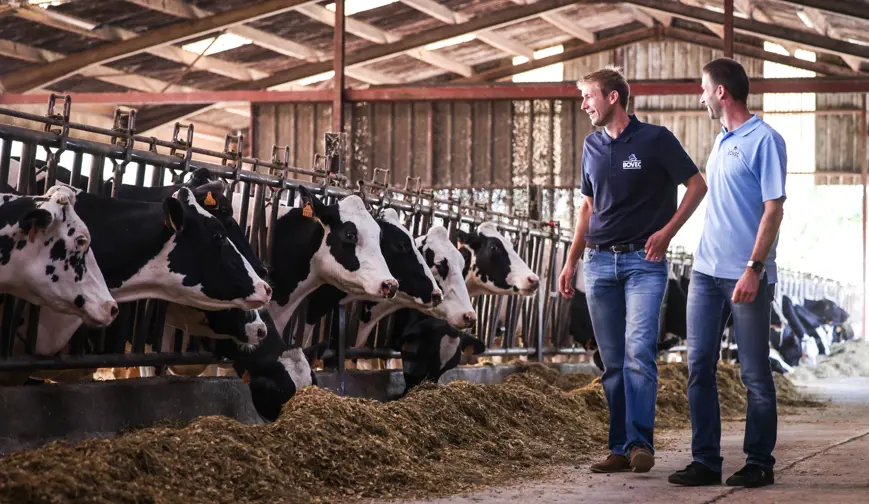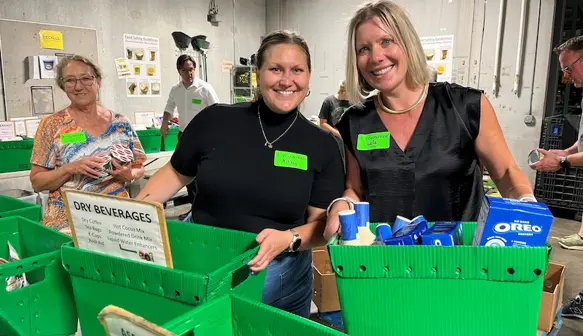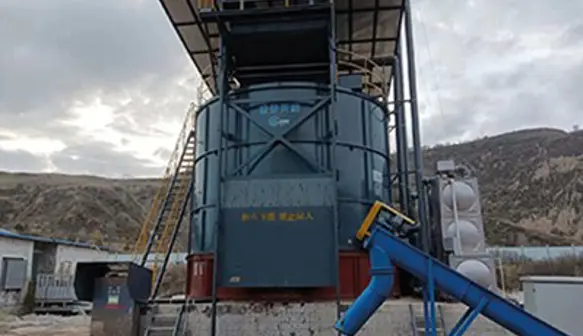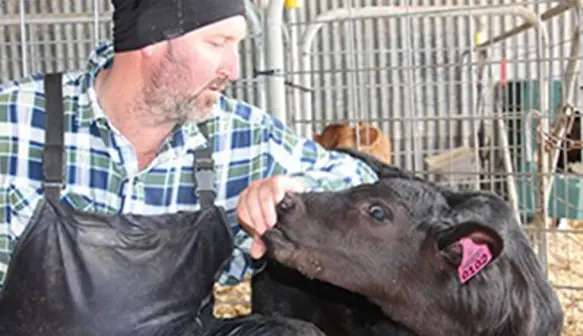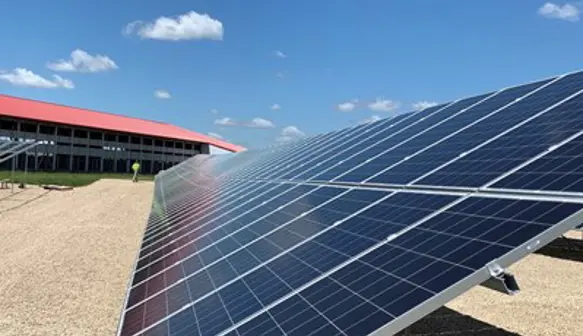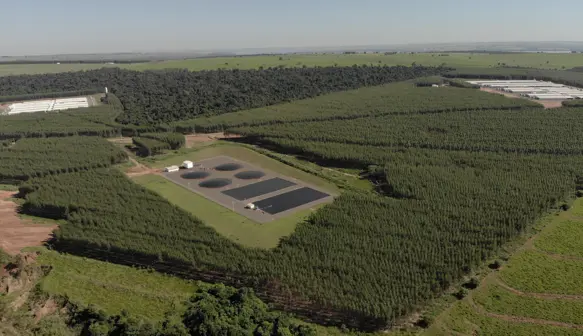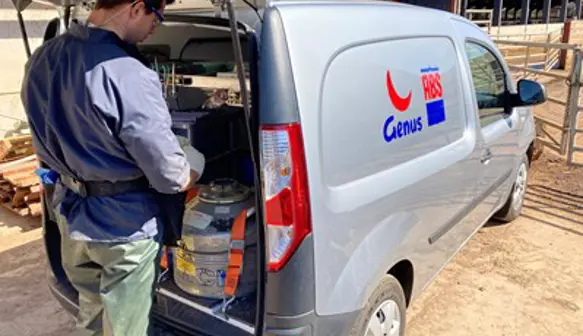Our strategy
Pioneering animal genetic improvement
Our purpose at Genus is to pioneer animal genetic improvement to help nourish the world sustainably1. Our role is to help farmers remove the guesswork when breeding animals. We identify and select animal ‘traits’ linked to how efficiently animal feeds can be turned into meat or milk, how the quality of the meat and milk can be maximised, and how animals’ susceptibility to disease can be reduced. We then use genomic selection to improve these traits with every new generation. Ultimately, as our genetics are distributed through the animal protein supply chain, our customers produce milk and meat more efficiently and sustainably as they produce animal protein to help nourish the world.
1 FAO report on the future of food and agriculture 2017 identifies around 800 million people in the world suffer from hunger.






